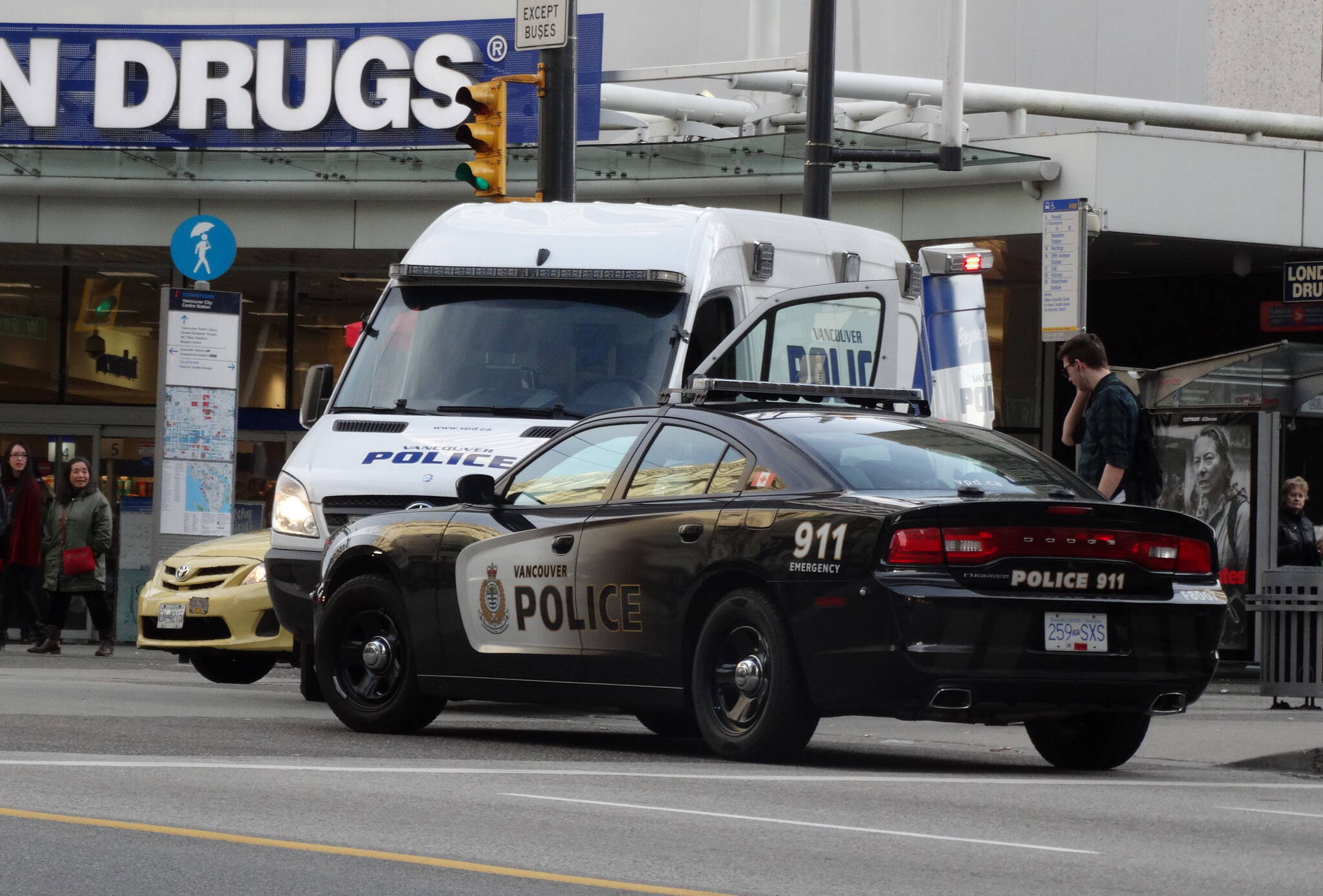Last Spring the Vancouver Police Department (VPD) launched a crackdown on so-called "violent shoplifting" called Operation Barcode. The operation, in which the VPD partnered with local retailers over a six week period, saw police make over 350 arrests until now, recovering $117,000 in stolen goods.
The operation comes at a time when the public is increasingly uneasy about ever tighter surveillance. A recent Leger Marketing poll revealed that the majority of those questioned think that it isn't necessary to reinforce security measures in stores.
"People don't have sympathy for big companies like Walmart that treat their workers badly. I wouldn't criticize someone for stealing from Walmart," Sean, 38, told North Star at a drop in Centre on East Hastings in Vancouver. Sean is eating one meal a day in response to inflation and the high price of food, but many Canadians are shoplifting to bridge the gap, as evidenced by numerous statements from industry groups and stores, including Walmart Canada.
Through its press releases along with the public relations and social media campaign connected to the operation, VPD focused heavily on the potential for shoplifting to lead to violent conflict with store employees. But in the end only three instances of threats or violence were encountered, and in none of these instances was the charge normally associated with shoplifting (theft under $5000) laid.
Jeff Shantz, a Criminology Professor at Kwantlen Polytechnic University, says that the term "violent shoplifting" is not one used in the law or in the academic literature, but is a term created by the VPD to justify their crackdown. "They're not saying armed robbery, they're saying violent shoplifting, which could mean a lot of things. They're conflating shoplifting with violence to ramp up fear, in a context where there's been a shift in how people view shoplifting, where everyone is on the brink with high prices and not being able to afford the essentials."
Retailers across the country have been calling for stiffer criminal justice penalties for shoplifting, and some have even started rolling back cost saving measures like self-checkouts over concerns that they are enabling shoplifting. Jim Courmier, the Atlantic director of the Retail Council of Canada argues that "less profits means less ability to hire and pay staff" and "less tax revenues for the cities and towns in which these retailers are doing their business."
But big grocery store chains like Sobeys, Loblaws, and the Jimmy Pattison Food Group continue to be highly profitable, despite the spectre of what Shantz calls "the good old fashioned price self-reduction program". Indeed, the Western Canadian pharmacy and retail giant London Drugs, the main public partner of the VPD on Operation Barcode, is a cornerstone of the broader H.Y.Louie retail empire which has allowed its owner Brant Louie to amass a fortune of close to $2 billion. London Drugs pays its workers an average hourly wage of $17.50.
The rhetoric of struggling retailers and violent shoplifters is over the top for Martha Roberts, an organizer with East Vancouver based United in Struggle, who have launched a public campaign against "high prices and shit wages" in the food industry: "By making up things like violent shoplifting, or by saying shoplifting is hurting employees at their stores, these big grocery store profiteers are trying to make it look like working class people are fighting each other. But the reality is crackdowns like this are about big monopoly capitalists protecting their profits, which have ballooned in the couple of years since the pandemic."


